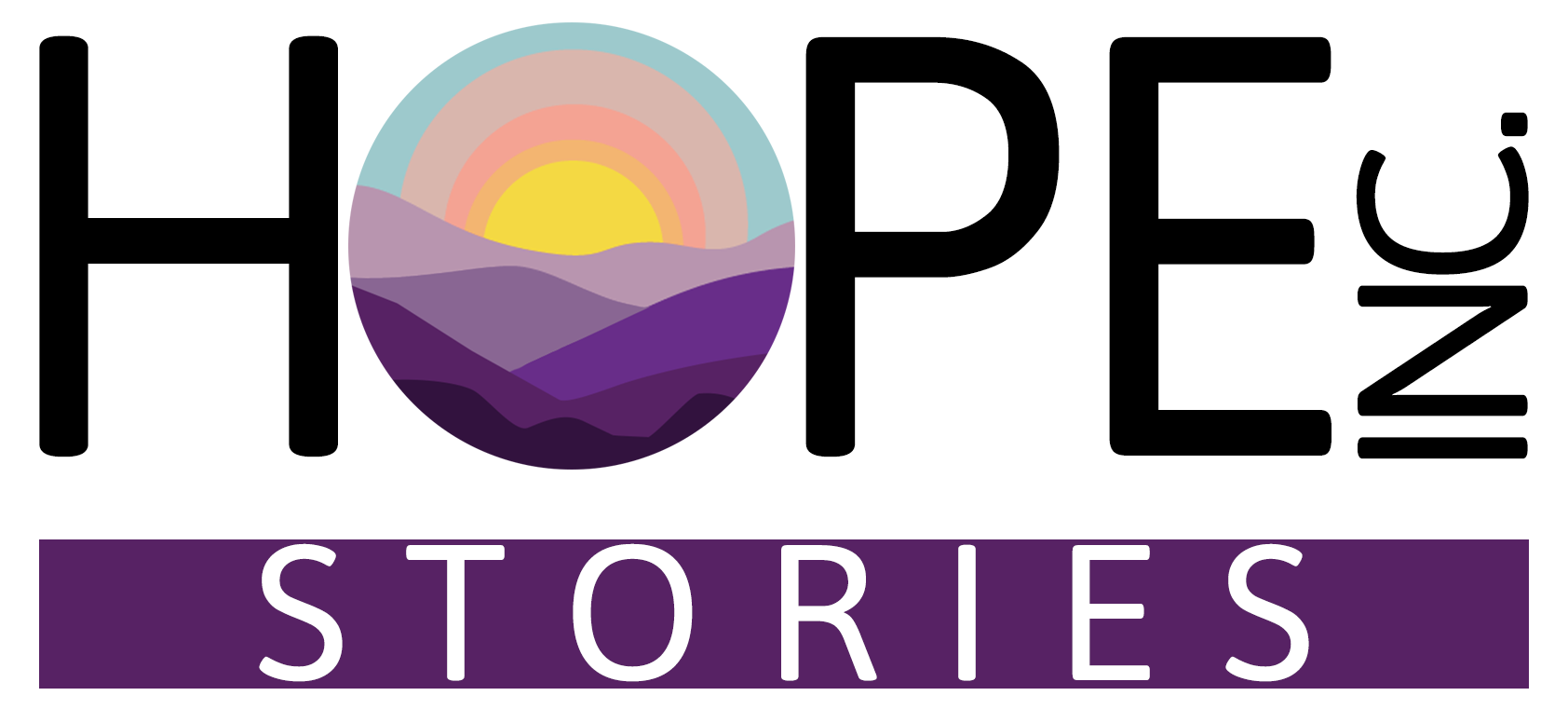
"Achieving equity in our behavioral health system will require structural change in research, funding, and service delivery that takes into account the nuances of race, culture, and ethnicity."
In addition to being Chief Diversity Officer at RI, I am a social worker, a husband and a father to three Black sons. I am a mental health advocate, and the son of a preacher, born and raised in rural, Plymouth, NC though I now reside in Charlotte, NC. I share all of this because I am the sum of all these things.
The lens of equity is about the intersectionality of race, culture, and ethnicity, in addition to living with mental health and substance use challenges. It is about being Black and living with a serious mental illness. It is about being Latino and living with intellectual disabilities or traumatic brain injury. It is about being American Indian and living with a substance use disorder. It is about being an Asian, Trans person struggling with an anxiety disorder exacerbated by the discrimination that often accompanies mental illness, the bigotry that is perpetrated toward Trans Americans, and the increasing rates of violence against Asian Americans.
We cannot ignore how a person of color has historically entered the behavioral health system. People of color often do not have access to outpatient services within their communities. This makes it more likely that they are introduced to the behavioral health system when they are in a state of “crisis”, and more likely to enter the system via the back of a police car or an acute care Emergency Department, neither of which is conducive to good clinical outcomes and neither of which is likely to foster a positive relationship with the mental health system.
Systemic racism and bias, both explicit and implicit, are multi-layered and seep into every crevice of society. This includes our mental health and substance use care, but we can change that if you are willing to help to reform our system. When we know that inequity exists, it is our moral responsibility to address those inequities by leaning into equity. Every decision that we make as clinicians, policy makers, or simply as agents of change either leans into creating a more equitable system or perpetuates our existing problem of inequity.
As a nation, we can address the issue of access by supporting the creation of more mental health resources in communities of color and underserved zip codes. We can create more community-based resources that provide access to upstream treatment.
There are many national initiatives that if adopted, would aid in building a more diverse workforce; a workforce that mirrors the populations served. In my home state of NC, we have roughly 4,000 trained Certified Peer Specialists, representing Black, White, Latino, Asian, and American Indians, with only about 1,600 individuals gainfully employed. As we have at RI, the behavioral health industry needs to recognize the value of lived experience and utilize the peer workforce and pay them a living wage. State governments need to do a better job of partnering with Historically Black Colleges and Universities (HBCUs) to build a multi-cultural workforce, and partnering with clinicians of color, providing them access to government grants and contracts. We need more partnerships with Faith-Based Organizations, and more studies that consider the nuances of race, culture, and ethnicity and the impact on mental wellness. Further, we need to better understand the impact of systemic racism and complex trauma experienced by people of color.
Historically marginalized communities–whether marginalized due to race, ethnicity, or diagnosis—are simply looking for treatment, that recognizes and values their expertise and life experience. We have the collective resources to build a more equitable system. If we do not build equity into our mental health and substance use programs and practices, we will ultimately fail the most powerless and vulnerable. People from all walks of life are dying every day from suicide or overdose. Mental health and substance use does not see race, culture, or ethnicity. The same cannot be said of our treatment system. It is time that we fix our system to serve the diverse communities in our nation.
Victor Armstrong
Victor is the Chief Diversity Officer at RI International. Prior to this role, Victor served as the first ever, Chief Health Equity Officer at the State of North Carolina’s Department of Health and Human Services. Victor currently serves on the International Initiative for Mental Health Leadership (IIMHL) Inclusion Advisory Group and is the National Director of Soul Shop for Black Churches, which is a national initiative to equip faith community leaders to minister to those impacted by suicide.


